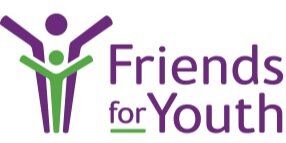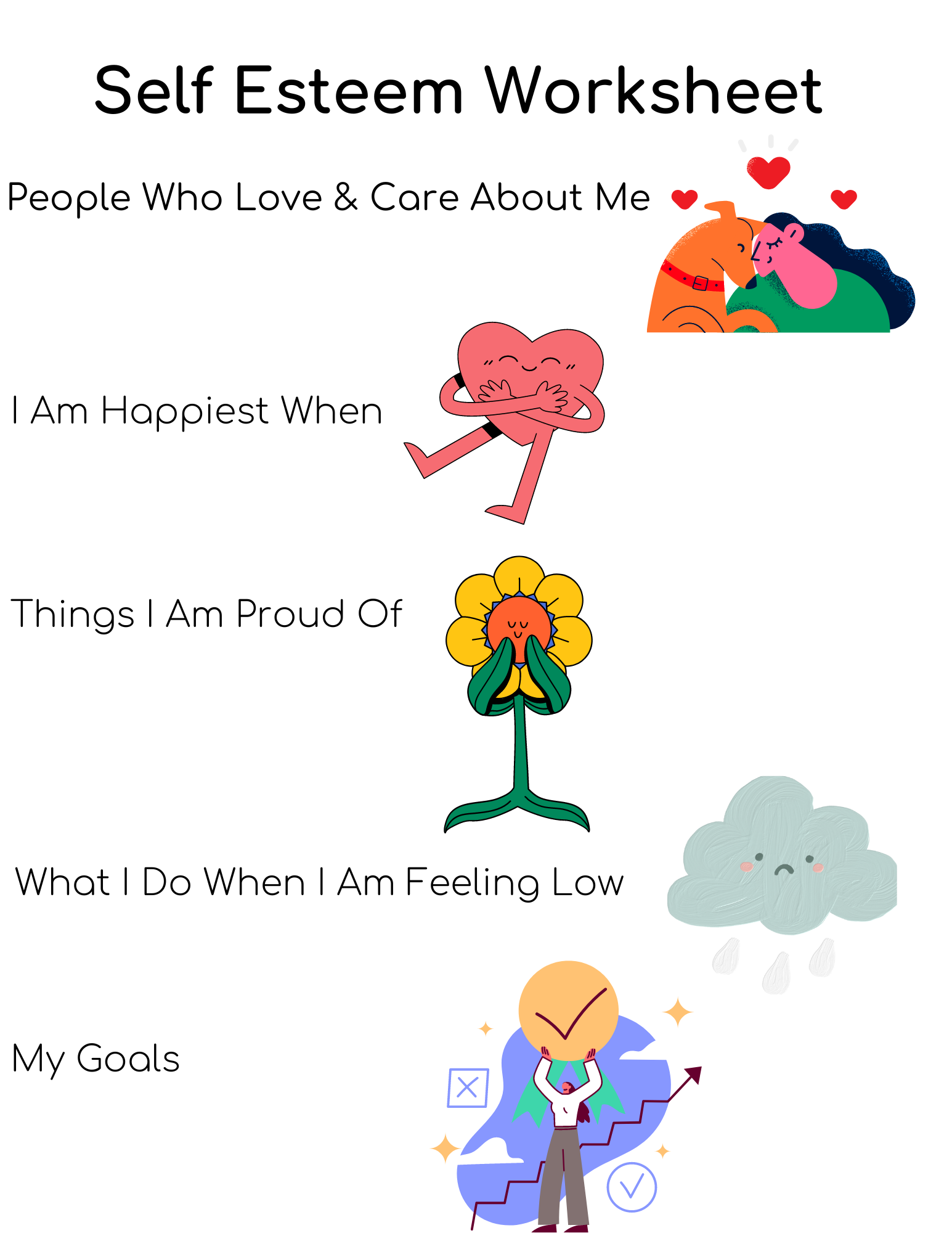An Introspection: Building Self-Esteem
By Isabella Gutierrez
“People who love themselves, don’t hurt other people. The more we hate ourselves, the more we want others to suffer.” -Dan Pearce, author and poet
From past conversations with people who were either victims or perpetrators of bullying, I recall a recurring theme of low self-esteem and a lack of a support system. In my own experience, I’ve found that creating and building community and strong relationships has been essential to building my own self-esteem and confidence, and I’d like to share some tools that can benefit our youth and mental health advocates.
According to the Centers For Disease Control 2019, students who are both bullies and targets of bullying are at increased risk for depression, anxiety, sleep difficulties, lower academic achievement, and dropping out of school. Bullying not only affects children, but also their families, who are seeing their children face these struggles. Some children also may internalize their feelings and not openly share their experiences with their parents or trusted guardians. Social media has been a major contributing factor of how bullying has changed in recent years. According to stopbullying.gov, cyberbullying is most prevalent among teenagers, with 41% of children reporting that their social anxiety is a result of cyberbullying.
While bullying is a big issue in our world today, there are ways to help prevent bullying and provide mental health counseling and resources.
Safe Spaces - Creating safe spaces on campuses by having more school social workers and counselors is one of the most important steps in teaching social skills and empathy. From my own personal experience, I’ve always been an advocate for not only one-on-one counseling, but also group sessions, because they build a sense of community and help participants feel they aren’t alone. In high school, I felt left out and socially anxious about making new friends. I recall advocating for after-school group sessions to my guidance counselor, so I could meet other students who were grappling with similar struggles. While the counselor responded that others had proposed the same idea, she never followed through with an action plan in supporting the students. For me, this experience highlighted the importance of advocating for safe spaces. I believe that hearing other people’s personal experiences can help build a sense of community and connection.
Self-Esteem Exercises - According to the National Institutes of Health, a study in municipal schools found a higher incidence of bullying in 53.7% of teens with low self esteem. It’s important to first make sure their needs are being met and that they seek professional counseling on how to improve their self-confidence and well-being. I have found journaling and tracking my mood to be a great way to check in with myself when my mental health is at a low. You can try filling out this self esteem worksheet I created below which was inspired by my journal entries for practicing mindfulness.
Finding A Hobby - Pursuing something you’re passionate about is a great way to release stress and anger. Being in a creative headspace and doing physical activities can help with negative mindsets. Not only are hobbies great in expanding creativity, but they’re also beneficial in creating strong social skills and making new friends. In my free time, my favorite hobbies include practicing yoga, drawing, and singing. All of these activities put me in a better mood and improve my self-esteem.
Isabella is a summer intern at Friends For Youth. She is majoring in Communication and minoring in Psychology and hopes to get more involved in non-profit organization work experience when she graduates in Spring 2024. She also hopes to someday get her Masters in Social Work and work with youth populations. She enjoys hiking, yoga with her mom, and singing karaoke.

